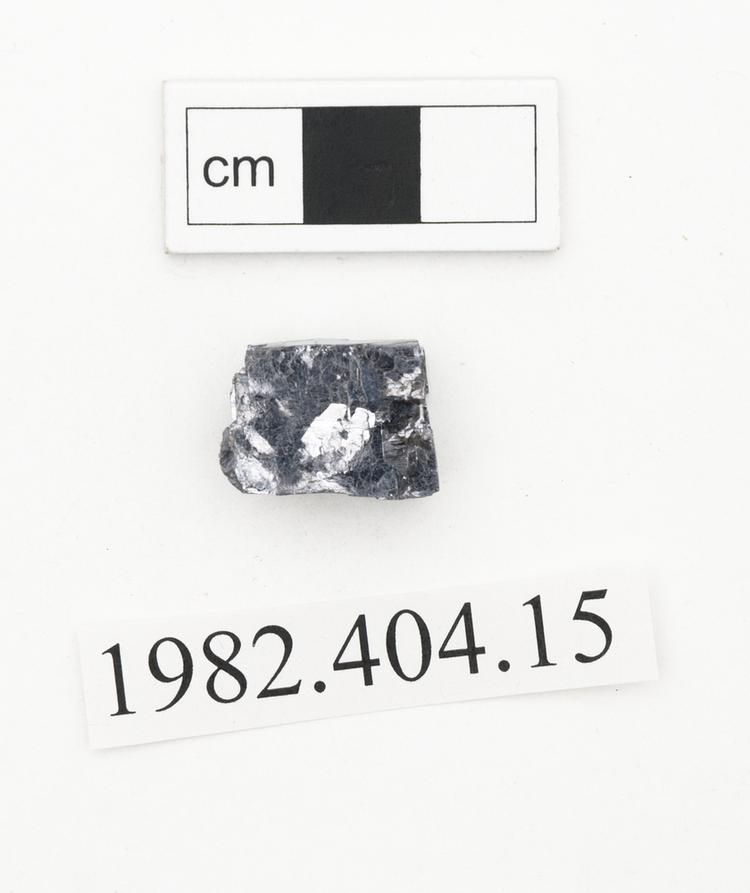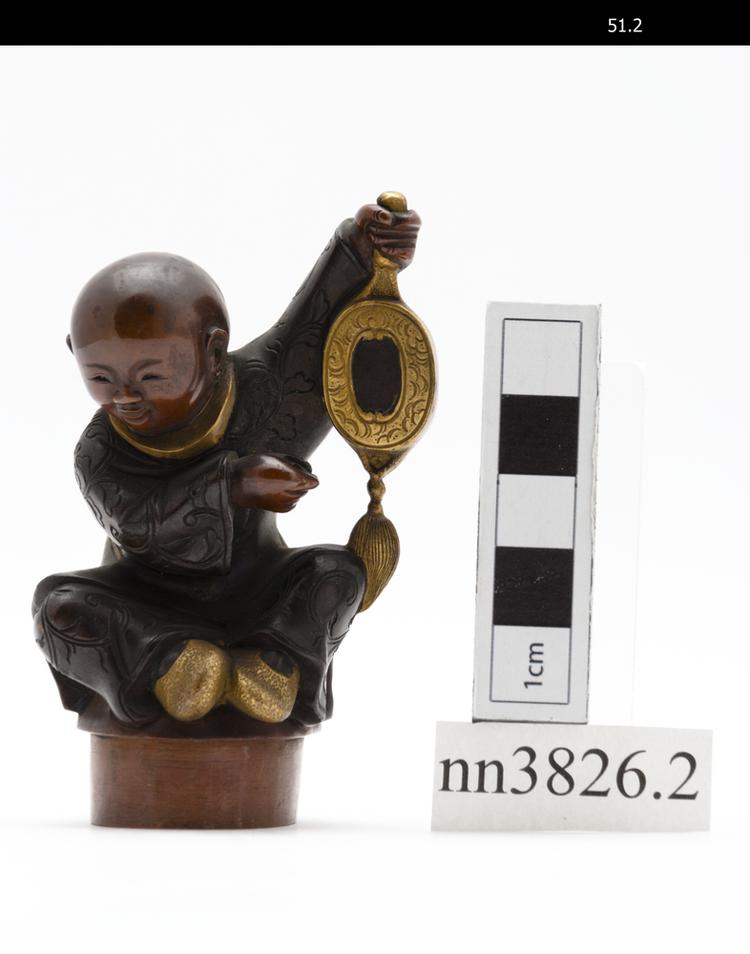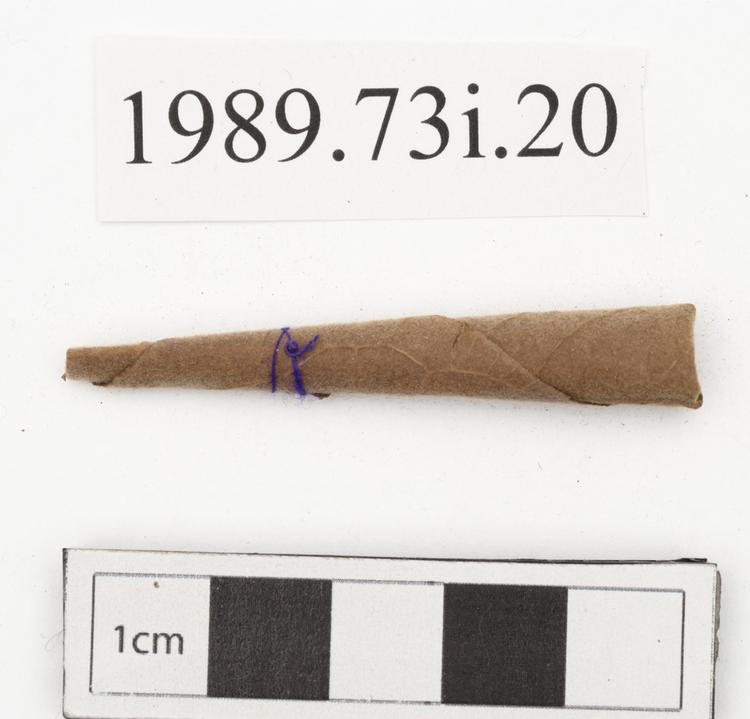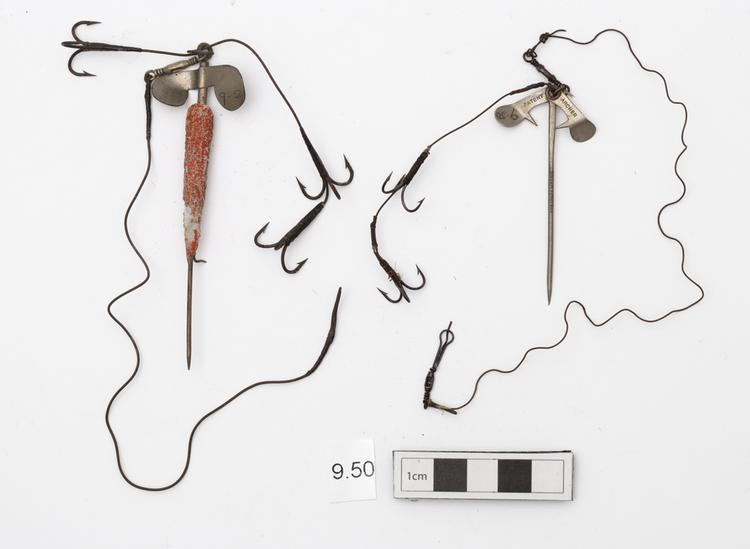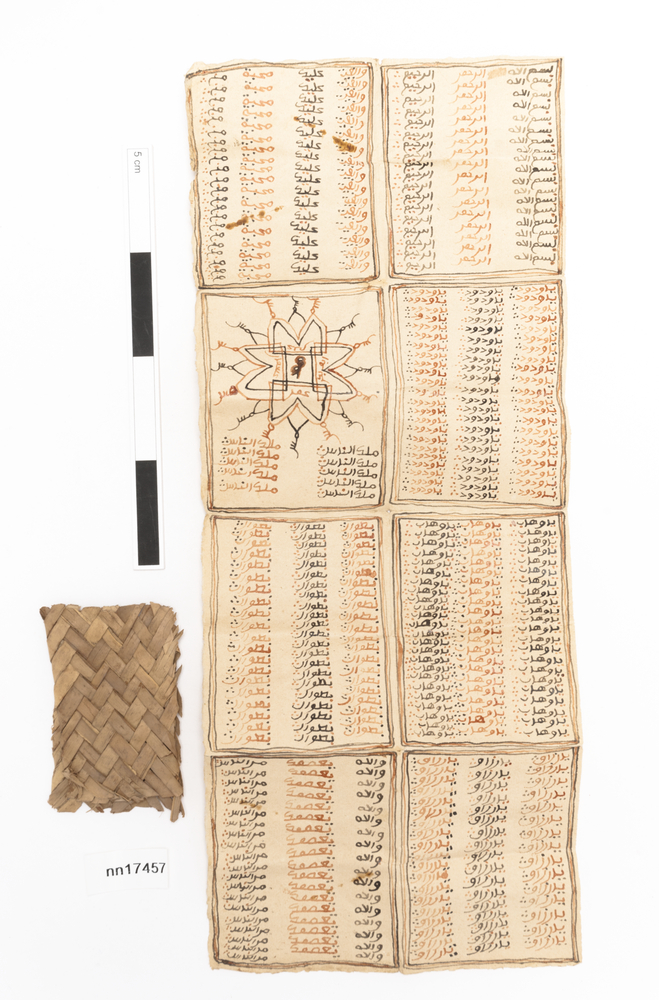
Woven straw case, broken into two pieces, that contains a Sunni Muslim's talismanic periapt. The manuscript is written in a Arabic in black and reddish-brown ink. One square has a star-shaped motif, invoking the four 'righteous' caliphs. Other pannels contain the basmalah, the specific names of Allah (the Asma' al-Husna) and the Prophet Muhammad's companions (the Sahabah).
Sunni Muslim's talismanic periapt or ta'widh (تعويذ) for amity and prosperity. Sub-Saharan Africa (possibly Niger Delta region). The periapt is transcribed in Arabic in a cursive, angular hand. It begins with the traditional basmalah invocation in the top right panel and ends in the bottom left, with an invocation of the specific names of Allah (99 in total, called the Asma' al-Husna). These names are relevant to the object's amuletic properties of amity and prosperity. The Prophet Muhammad's companions (the Sahabah) are invoked in the top left panel and the panel below invokes the four 'righteous' caliphs in star-shaped formation, indicating adherence to the Sunni faith. Interestingly, the scribe's spelling is not always accurate, for example the third caliph's name is written as 'Usman (عسمان) instead of 'Uthman (عثمان). Woven straw(?) case, paper, ink. Nineteenth or early twentieth century.



